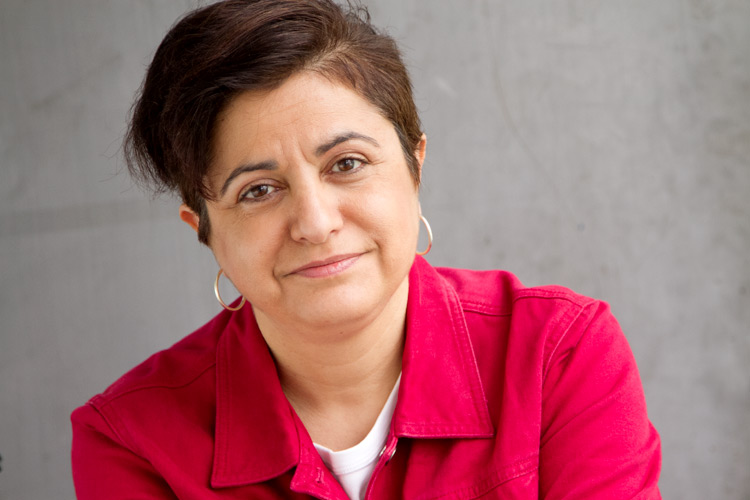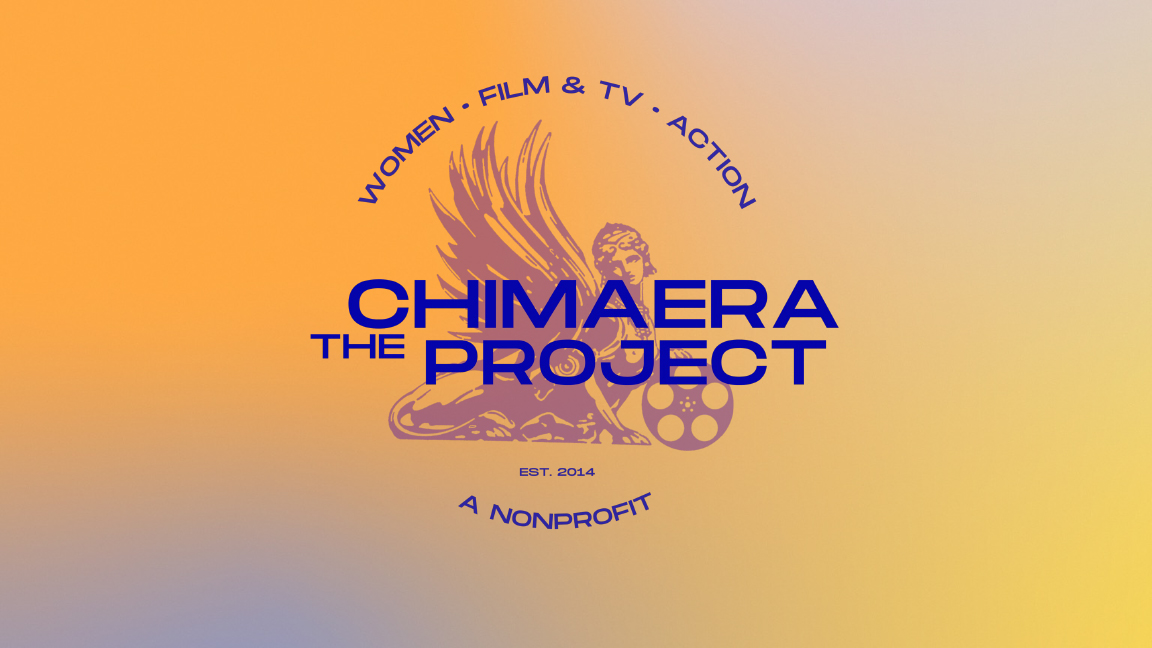
“If there’s one thing I have learned though, it’s that confidence is over-rated, and conviction is under-appreciated. “
The Chimaera Project was delighted to get to chat with Michelle Muldoon a one-time writer and now director from Vancouver, Canada.
TCP: So, Michelle, as we learned, you originally thought of yourself as a writer, but then that changed, can you speak about that?
MM: If you asked me this several years ago, I would have said writing was my area of expertise, but I have taken to directing in a way that both surprised me and didn’t. The project that sealed that for me is my latest project, Last Stand to Nowhere, an all-female re-imagining of the Gunfight at the OK Corral. This film has been my passion and a great opportunity to learn about myself as a filmmaker.
TCP: Cool. It definitely sounds intriguing. But first, let’s back up, can you tell us about how you got here?
MM: I started writing twelve years ago as something that I could have that was for “me”. I spent most of my life up to that point in sports; I played club volleyball as a child, walked on to my University team and coached as a volunteer in the high school system (that’s how it’s done in Canada). I was burnt out, and writing helped me deal with it. A friend in the industry told me I wrote more like a screenwriter. When I started I quickly learned I didn’t know what I was doing and the competitor in me drove me to find a mentor and to get better.
TCP: Mentors can be wonderfully inspiring. And truly none of us really know what we are doing when we start, so thank you for reminding us that is a perfectly great place to begin. But if you stick to it you won’t always be a beginner.
MM: Within a year I started making festival finals and winning a few. Making film started as an offshoot of the learning process and I took to it instantly and never turned back. I find that creating projects uses a lot of my training in coaching and being able to draw on who I once was, to help me become who I wanted to be, seemed like the perfect combination.
I made smaller projects to start and Last Stand to Nowhere has been a great example of my progression and growth.
TCP: Have you encountered many challenges during your irregular path?
MM: I don’t think film is a smooth road for anyone. It is the most non-linear journey I’ve ever embarked on. I think we all go through similar struggles of self-doubt. I think we all experience that at some point. Can I do something so far out of my comfort zone and become skilled at it? If there’s one thing I have learned though, it’s that confidence is over-rated, and conviction is under-appreciated. When I lack confidence, I draw strength in the belief that this is the right thing for me to do. I find conviction always leads me forward.
TCP: Yes! Being Relentless can definitely more than make up for bravado!
MM: My other struggle was around education. I didn’t go to film school, but instead buried my head and learned through mentorship and my own work. Film is an industry where connections are important and I don’t have classmates or school-generated contacts to help move me forward so I’ve worked at creating my own community and circle. I do a lot of volunteer work on other projects and with different local industry organizations. What I appreciate about my community is that we’ve found each other organically. It’s a great way to build something lasting.
TCP: Oh that is lovely. Connecting with your community and creating a wide-spread circle through volunteerism is a great way of gaining meaningful and lasting relationships in this business. But getting back to who Michelle is, we know you work in both writing and directing, where do you spend most of your time?
MM: I’m a writer/director but if I had to choose, I would probably say I’m a director who writes. I started out as a writer and my commitment to writing and writers hasn’t wavered. I created the Vancouver International Women in Film Festival Screenwriting Competition and teach the Introductory Screenwriting Workshop for Raindance Vancouver. Last Stand to Nowhere has marked a transition point for me. I think I am squarely in the Director camp now.
I was once introduced to someone as “This is Michelle, she gets shit done.” Can I say that?
TCP: Haha, I sure hope so, ‘cause that is also the way I like to think of myself. It is a badge of honor!
MM: Yeah, I think women in independent film take that on naturally. I think it’s what sets me, and us, apart. I’ll do whatever needs to be done to get a project moving to completion. I believe that there’s no place for ego in creating film and I prefer to work with people who don’t just talk about collaboration, but live it.
Last Stand to Nowhere has also set me apart because so few women are making Western films of any length. Last year I was the only female director at the exclusive Almeria Western Film Festival in Spain. I spent five days on the sets of the great Sergio Leone with a group of men who couldn’t have been more welcoming. I feel quite proud of that.
TCP: That experience sounds amazing. And finding pride in oneself can be a long road sometimes. So it is wonderful when you can fully embrace it!
MM: I’m incredible proud of the reception Last Stand to Nowhere received. Almeria is the home region of the great Sergio Leone Spaghetti Westerns. I was the only female director (and only Canadian) out of thirteen short films that screened. Not only were the men at the festival excited to see what we had done, but when three different women from three different countries, on three different days, tell me that what I created was an act of bravery, you know you’ve made an impact.
TCP: Yes! So many congrats. You should be proud of the film and also yourself! And we are definitely proud of you; it is one of the reasons we wanted to speak with you. Can you share with our readers what some of your learnings have been from your unique journey?
MM: I think age and experience solidifies who you are and what you stand for. I had a successful coaching career, but took some grief from some of the established male coaches. So, I was used to gatekeepers and proving naysayers wrong by the time I got to film.
Every time a door has closed, like with funding applications, I just double down on finding a way to make it happen. That doesn’t mean I don’t get down. I think the biggest mistake we make is not allowing ourselves a day to lick our wounds and feel hurt. I give myself twenty-four hours to feel all that negative stuff, then I try to wake up the next morning and use those emotions for good; fuel the next step forward.
TCP: All really wonderful advice. Thank you. You really do need to allow feelings to be, in order to move past them and continue on your path. Since we are a female-focused filmmaking organization, will you take a moment to talk about your particular vision of inclusion?
MM: I think inclusion has many meanings, including in respect to genre. I don’t want women to be stuck in rom coms and dramas. I want to see women directing whatever they feel they want to direct. We need to go where we haven’t been welcomed and prove we can do it. My experiences with making a Western has convinced me of that.
Last Stand to Nowhere included 70-75% women cast and crew. We also were approximately 15-20% LGBTQ. We need to create an environment where people can feel accepted and embraced for what they bring to the collaborative process. We should create an environment that sets the groundwork so everyone can feel welcomed and encouraged to invest in the process and the project. The world is a diverse place, and our work environments, and our stories, should reflect that. If each filmmaker strives for that, then the industry, as a whole, will be a better place.
TCP: Count us on board! And thank you so very much for taking the time to let us learn more about you and your wonderful experiences, so that we might learn from them as well. We can’t wait to see what you will do next.
Please check out Michelle and her work online both personally.
Michelle on insta and twitter:
and her film Last Stand to Nowhere on those social platforms
